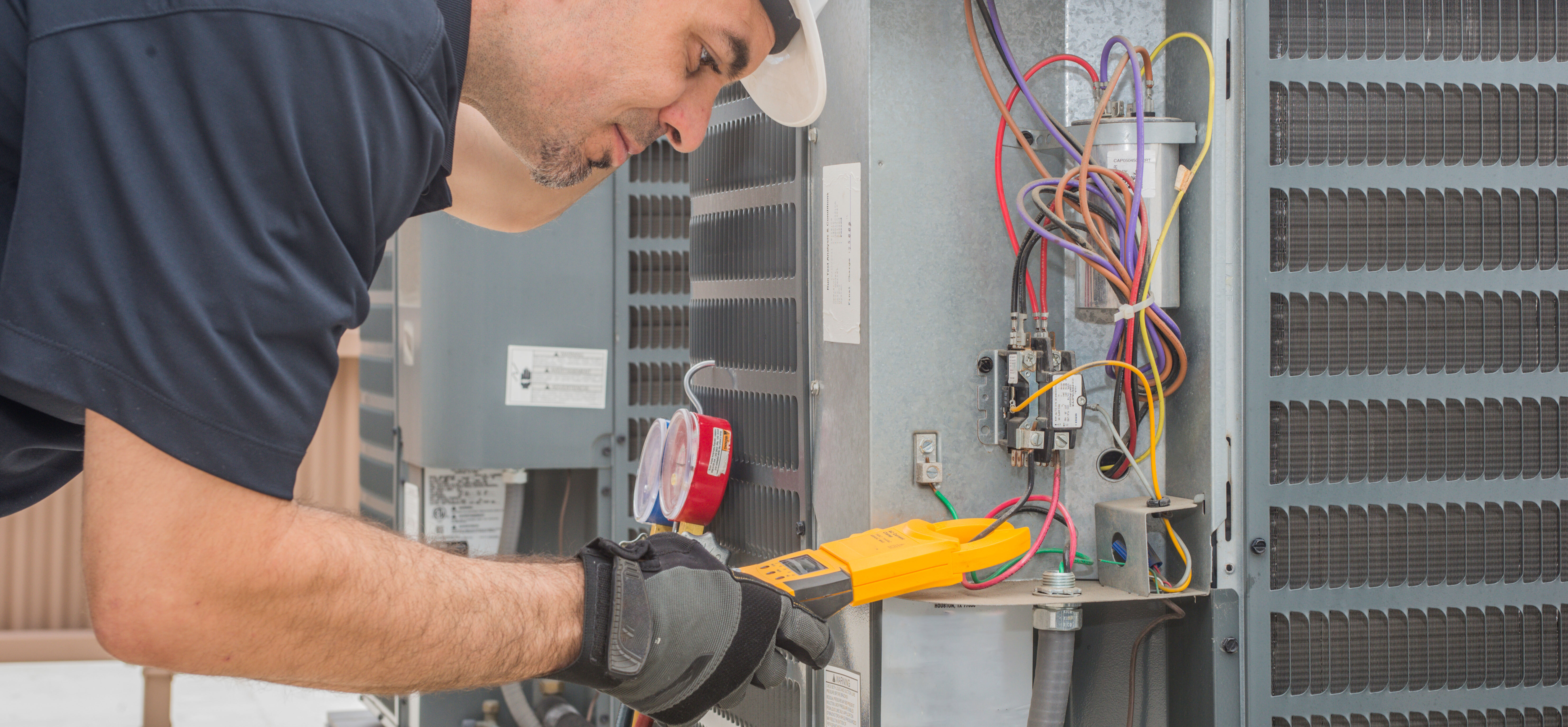Refrigerant is the liquid or gas your AC unit cycles through to remove heat from your home and exchanges it for cool, refreshing air. Pressure levels help refrigerant move around the system: low pressure absorbs the heat from your home, and high pressure is used to release that heat outside. Refrigerant can also be called freon or coolant. When your home isn’t cooling adequately, there could be a leak.
Signs you may have a Refrigerant Leak:
Hissing Sounds
There may be a hole or crack in the coils that the refrigerant runs through, which can produce a hissing sound when the system is running. A larger leak can produce a bubbling sound.
Not Cooling
Check the air coming from your vents. If the air is not as cold as it should be, your refrigerant levels may be low, and your unit will take longer to try to cool your home. Make sure to check your filters and make sure they’re clean.
Increase in Humidity
Refrigerant helps to remove the warm air in your home and replace it with cooler air. When there is a leak, your system won’t be able to remove the heat, which will make it feel more humid inside. This can lead to mold and mildew growth.
Higher Electric Bills
Your AC will work harder when it’s low on refrigerant, which will increase your energy costs. If you notice an increase as well as other signs listed here, contact your local Lennox Dealer.
Frozen Coils
Condensation can build up and freeze on the evaporator coils when there isn’t enough refrigerant to absorb the hot air. Ice on the coils can lead to your system breaking down and if not fixed, could lead to a more expensive repair.
Exhaust Odor
Refrigerant is a chemical substance and if there is significant leak, an exhaust smell may occur. Turn off the unit and call a professional. These fumes can be harmful to your health. Please seek medical help if you experience these symptoms of refrigerant poisoning: dizziness; shortness of breath; loss of focus or coordination; nausea; difficulty breathing; swelling in the throat or neck; or severe pain in your throat, nose or sinuses.
The signs above could result in a refrigerant leak, but they could also result in other problems with your unit. Refrigeration issues should be left to a professional to avoid a more expensive repair. If you think you may have a refrigerant leak, call your HVAC professional to inspect your system. Getting an annual tune-up is one of the best ways to identify and prevent refrigerant leaks.
To learn more about your options or schedule an appointment, contact your local Lennox Dealer.


